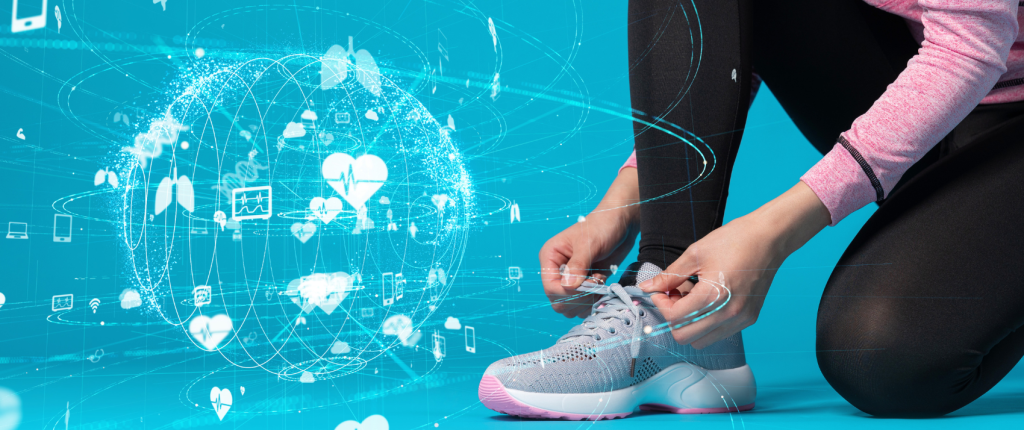As students find themselves immersed in the intensity of exam season, the pressure to perform well can be overwhelming. The pursuit of academic excellence often brings with it heightened stress levels, sleepless nights, and a constant stream of deadlines. In the midst of this academic frenzy, it’s crucial to recognise the powerful role that exercise can play in alleviating stress and enhancing overall well-being. In this article, we’ll explore the myriad benefits of incorporating regular exercise into your routine during the exam season.
1. Stress Reduction
Exercise is a proven stressbuster. Physical activity stimulates the production of endorphins, the body’s natural mood lifters. These endorphins act as stress relievers, promoting a sense of well-being and relaxation. Engaging in activities such as jogging, swimming, or even brisk walking can significantly reduce stress levels, making it easier to cope with the demands of exams.
2. Improved Mental Clarity and Focus
Regular exercise has been linked to improved cognitive function. When you engage in physical activity, blood flow to the brain increases, delivering essential nutrients and oxygen. This boost in circulation enhances mental clarity and concentration, allowing you to approach your studies with a sharper focus. As a result, you may find it easier to grasp complex concepts and retain information.
3. Enhanced Sleep Quality
Quality sleep is paramount during exam season, as it directly impacts cognitive function and memory consolidation. Exercise helps regulate sleep patterns by promoting the release of serotonin, a neurotransmitter that contributes to feelings of relaxation and well-being. Incorporating exercise into your routine can improve the quality of your sleep, ensuring that you wake up feeling refreshed and ready to tackle the challenges of the day.
4. Strengthened Resilience
Exams often come with moments of frustration, self-doubt, and anxiety. Regular exercise provides an outlet for these negative emotions, fostering mental resilience. Physical activity encourages a proactive approach to problem-solving and helps build the mental strength needed to navigate challenging situations. As you face academic pressures, the discipline cultivated through exercise can translate into a more composed and resilient mindset.
5. Social Interaction
Engaging in group exercises or team sports can provide a valuable social outlet during times of heightened stress. The camaraderie and shared experiences with peers can offer emotional support, creating a sense of community. Whether it’s a workout class, a sports team, or a simple walk with a friend, the social aspect of exercise contributes to a well-rounded approach to stress relief.
Conclusion
In the midst of exams, it’s easy to prioritise academic pursuits over physical well-being. However, neglecting your body’s need for movement can exacerbate stress levels and hinder overall performance. By recognising the transformative power of exercise, you can proactively manage stress, improve cognitive function, and cultivate the resilience needed to navigate the challenges of exam season. So, lace up those sneakers, hit the gym, or take a stroll in the fresh air—your mind and body will thank you.
Disclaimer – Healthi and its associates offer health and fitness information and is designed for educational and entertainment purposes only. You should consult your physician or general practitioner before beginning a new fitness program. You should not rely on this information as a substitute for, nor does it replace, professional medical advice, diagnosis, or treatment. If you have any questions or concerns about your health, you should always consult with a physician, general practitioner, or other qualified healthcare professional. Do not disregard, avoid or delay obtaining medical or health-related advice from your healthcare professional because of something you may have read in our publications or lectures. The use of information provided through the urban wellness service is solely at your own risk and is not medical or healthcare advice.













